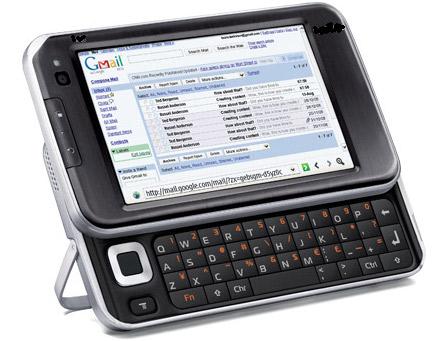 Soma Networks and state operator BSNL plans to launch compact WiMAX-enabled devices in India within six months. It will co-market the product of Soma a US-based provider of mobile Worldwide Interoperability for Microwave Access (WiMAX) products and services along with telecom service provider state-owned Bharat Sanchar Nigam Ltd (BSNL).
Soma Networks and state operator BSNL plans to launch compact WiMAX-enabled devices in India within six months. It will co-market the product of Soma a US-based provider of mobile Worldwide Interoperability for Microwave Access (WiMAX) products and services along with telecom service provider state-owned Bharat Sanchar Nigam Ltd (BSNL).
We are trying to make broadband as accessible and affordable as the mobile phone is to a rickshaw puller right now,” said Yatish Pathak, CEO, Soma Networks.He added the product would be a multi-purpose device with voice transfer capabilities.
BSNL partnered Soma to deploy WiMAX service in the three lucrative circles of Gujarat, Maharashtra (including Goa) and Andhra Pradesh. According to terms of the operating partnership between the two companies, Soma invested in the network roll out, and manages the service on behalf of BSNL.
However, the company has been mired in controversy ever since this exclusive contract with BSNL since the deal was done without floating expressions of interest (EOIs). “We have not flouted any norms and have complied with all regulatory requirements. We introduced this technology in India and put in three years of effort and investment and now when it is time for us to get our returns it is being opposed, ” Pathak said.
As we cited in our earlier post BSNL LAUNCHES INDIA’S FIRST WIRELESS BROADBAND IN GUJARAT In February this year, Soma and BSNL had launched their WiMAX services in Ahmedabad, Gujarat and has acquired around 1,000 customers in the enterprise segment.
The company has deployed about 300 sectors (roughly 25 base stations per city) in three cities where it plans to operate. While Goa is the next city on the company’s plan for expansion, the Andhra Pradesh circle might still have to wait a little longer for its WiMAX service, according to Pathak.
Responding to the criticism by internet service providers (ISPs) that the company was stifling competition by deploying obsolete Frequency Division Duplex (FDD) technology in its three circles, Pathak said, According to the circumstances at that point of time, we deployed the FDD technology, but now that Time Division Duplex (TDD) has been made mandatory, migration work is on to upgrade it to TDD. For the rest of the circles we have deployed TDD technology.















